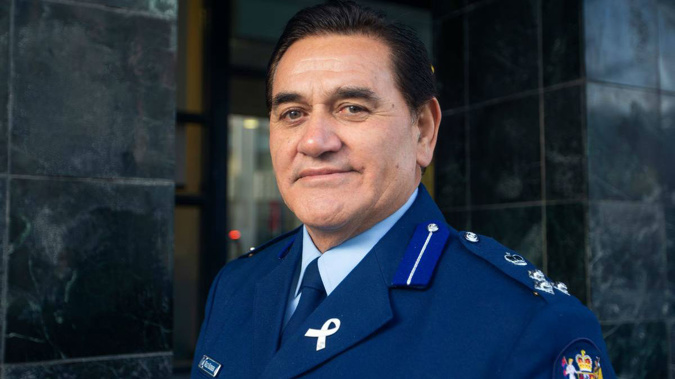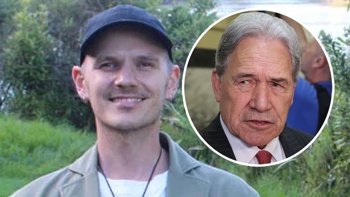
Deputy Commissioner Wally Haumaha's behaviour towards three women on a joint Justice project was at times unprofessional and inappropriate, according to an investigation by the police oversight body.
A report by the Independent Police Conduct Authority found the behaviour could be described as bullying, as commonly understood, but did not meet the workplace definition which requires "persistence".
The IPCA found Haumaha asserted his authority "aggressively" in an argument with one of the women by putting his leg on the chair in front of her, which was intimidating "whether it was designed to be or not".
Haumaha's treatment of another woman was "belittling and humiliating" the IPCA said and his general approach to the joint project was unnecessarily autocratic.
The second most senior police officer in the country also acted improperly by approaching staff for support when the Herald started investigating the bullying allegations, the IPCA found, as they could not feel they could refuse without fear of repercussions for their career.
National Party leader Simon Bridges described the report as "damning" and called for Prime Minister Jacinda Ardern to dismiss Haumaha.
"It was Prime Minister Jacinda Ardern who appointed Wally Haumaha. She now has to take responsibility and dismiss the man that she appointed to one of the most senior and powerful roles in the country.
"It would be unconscionable for Mr Haumaha to stay in this constitutionally important role given the seriousness of the IPCA findings."
A spokesman for the Prime Minister said she had only received the IPCA report this morning and would take time to consider the findings before commenting.
Three women - two senior policy analysts from Justice and one from Corrections - walked out of Police National Headquarters in June 2016 and refused to return because of Haumaha's alleged verbal bullying.
Two of the women laid formal complaints with the police this year after the Herald broke the story in August.
The IPCA report jars with the Government Inquiry which cleared the appointment process which led to Haumaha's promotion to Deputy Commissioner in May.
Mary Scholtens, QC, found there was no formal complaint for the Police Commissioner Mike Bush to consider as part of the State Services Commission panel which recommended Haumaha as one of two candidates for the job.
Even if there had been a formal complaint, Scholtens found the likely consequence would be the concerns would have formed part of Commissioner Mike Bush's assessment of Haumaha's leadership style.
And Bush already knew Haumaha could "forceful" and "demanding", said Scholtens, because of a blunt appraisal of his strengths and weaknesses for a previous promotion.
Scholtens characterised the bullying allegations as Haumaha's adoption of a "direct, police style-approach" to a multi-agency project, "where a more orthodox public sector approach may have been appropriate".
Her findings disappointed the two women who made complaints.
"We want to be clear; we complained," they told the Herald after the Government Inquiry was released.
"We struggled to get our complaints about Deputy Commissioner Haumaha's behaviour taken seriously. We came up against impenetrable systemic barriers."
A third probe, by the State Services Commissioner Peter Hughes, into how Justice and Corrections handled the complaints is due to be released today.
Take your Radio, Podcasts and Music with you









